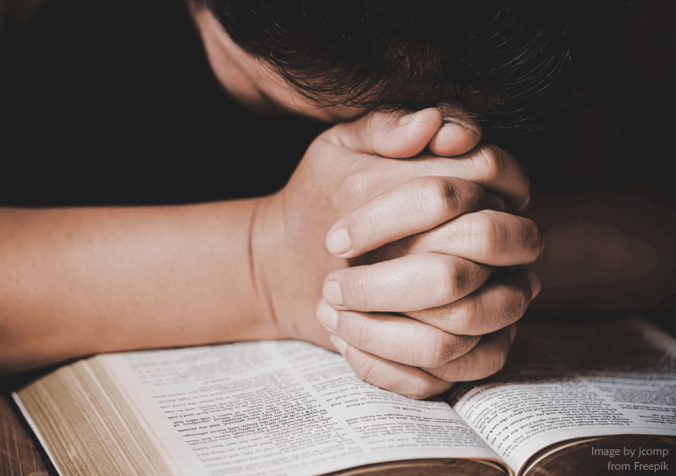Jude 4 - "For there are certain men crept in unawares, who were before of old ordained to this condemnation, ungodly men, turning the grace of our God into lasciviousness, and denying the only Lord God, and our Lord Jesus Christ."
Puritan Thomas Manton in his excellent commentary on Jude discusses from this verse “ungodly men”, and how men show their ungodliness.
You can review part 1 here.
In the section below, he continues with his premise that God will be acknowledged as the chiefest good, and then lists more ways we can be ungodly regarding this.
You can listen to this part of verse 4 here:
or download it:
The entire book is available here on Monergism’s site, and this part starts on PDF page 173…
…or you can listen to the entire book on this page:
Thomas Manton – Jude Commentary
From Thomas Manton:
Secondly, God will be acknowledged as the chiefest good, and so we are guilty of ungodliness:—
1. If we do not often think of him. [from Part 1]
2. If we do not delight in communion with him, we do not honour him as the chiefest good. [from Part 1]
3. If we do not fear to offend him.
God will be served with every affection. Love is of use in the spiritual life, and so is fear: 2 Cor. vii. 1, ‘Perfecting holiness in the fear of God,’ Love sweetens duties, and fear makes us watchful against sin: love is the doing grace, Gal. v. 6, and fear is the conserving grace, Jer. xxxii. 40.
We have cause to walk in God’s ways, because we are always under his eye. Love is necessary, that we may keep God always in our hearts; and fear, that we may keep him always in our eye: both of them are of great use; but fear we now speak of, which is the true internal root of all obedience and worship, Eccles. xii. 13.
When there is such a settled disposition of heart as that we dare not grieve him nor affront him to his face—as Ahasuerus said, ‘Will he force the queen before my face?’—God is much honoured. But now when we are secure and careless, and forget God, and can sin freely in thought and foully in act without remorse, it is ungodliness.
Fear is a grace of continual use: we cannot be always praising God, worshipping God, and employed in acts of special communion with him, yet we must be always fearing God: ‘Be thou in the fear of God all the day long,’ Prov. xxiii. 17; and elsewhere, ‘Blessed is he that feareth always,’ Prov. xxviii. 14.
A man hath done with his devotion in the morning, but he has not done with God; we should think of him, and remember that his eye is upon us, all the day long: we must rise in the fear of God, walk in the fear of God, trade, eat, drink in the fear of God, Jude 12.
Some graces are as the lungs, never out of use and exercise. More especially must fear be active when temptations and corruptions arise; we must argue as Joseph, Gen. xxxix. 9.
4. If we do not care to please him.
An ungodly man thinks of nothing less than pleasing God; he neither cares to know his ways, nor to walk in them; they are ‘willingly ignorant,’ 2 Peter iii, 5. They do not search, that they may not practice, and so err not in mind, but heart: ‘We desire not the knowledge of thy ways,’ Job xxi. 14. They have not a mind to know that which they have not a mind to do, as those that would sleep shut the curtains to keep out the light.
A godly man is always approving what is the will of God, Rom. xii. 2, and Eph. v. 10-17; he practices what he knows, and is still searching that he may know more, as willing always to be more useful for God. What have I to do more?
May God grant us to always fear Him and obey Him, and endeavor to live to please Him and practice what He has graciously granted we know about Him.
— David

Leave a Reply